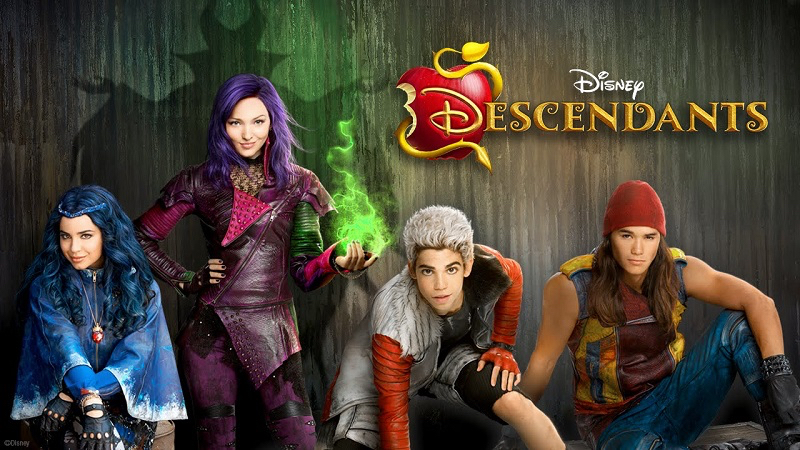You may not know it but when you “buy” digital content such as books, music and movies from Apple and Amazon, you’re not actually buying them but renting them. As more people realize this, it’s unlikely they’ll reconsider making physical purchases instead of digital ones. But this needs to change.
Apple and Amazon grant “nontransferable” rights to use content. In other words, when you buy digital content, you own a license to use the digital files, but you don’t truly own them. I’ve bought lots of music and movies on iTunes. However, unless the law changes I can’t give bequeath them to my kids.
That stinks.
As noted in a 2012 Wall Street Journal someone who owns 10,000 hardcover books and the same number of vinyl records could leave them to descendants. However, legal experts say passing on iTunes and Kindle libraries would be much more complicated.

“I find it hard to imagine a situation where a family would be OK with losing a collection of 10,000 books and songs,” Evan Carroll, co-author of “Your Digital Afterlife” told the WSJ.” Legally dividing one account among several heirs would also be extremely difficult.”
In recent years, Connecticut, Rhode Island, Indiana, Oklahoma and Idaho passed laws to allow executors and relatives access to email and social networking accounts of those who’ve died, but the regulations don’t cover digital files that have been purchased. As the WSJ notes, there are few legal and practical ways to inherit e-books and digital music, experts say.
The Law Librarian Blog says digital files aren’t transferrable, at least in a legal sense. So what can you do?
- Be sure your heirs know the passwords to your iTunes account and other digital stores.
- Buy only DRM (digital rights management) free products not tied to any specific account.
- Back-up your files to physical media and pass them on.
- Of course, these approaches are kludgy work-arounds and a bit impractical.
The best plan, for now, seems to be creating a Digital Asset Trust. There are services such as Family Archival Solutions and SecureSafe, among others, that aim to offer online solutions to the digital-asset conundrum — from full-service estate plans for your online accounts to simple password-management solutions.
A related issue is that if all of your files are stored remotely, and only accessible by you, what happens if Apple or Amazon goes belly up? Or those companies that offer digital asset trust planning? What about all those ebooks, music and movies you’ve shilled out for?
Digital media has, in many cases, overtaken physical media. However, there’s one big advantage to buying books in print, CDs and DVDs; we can give them to, or share them with, anyone we wish.
We need the same rights for digital content.
Keep your Mac running fast and troublefree with CleanMyMac 3
